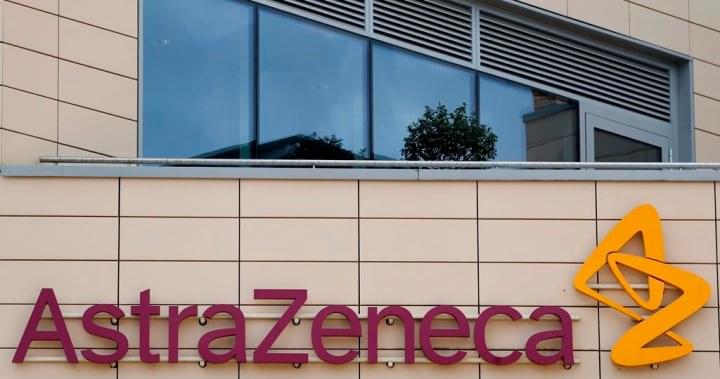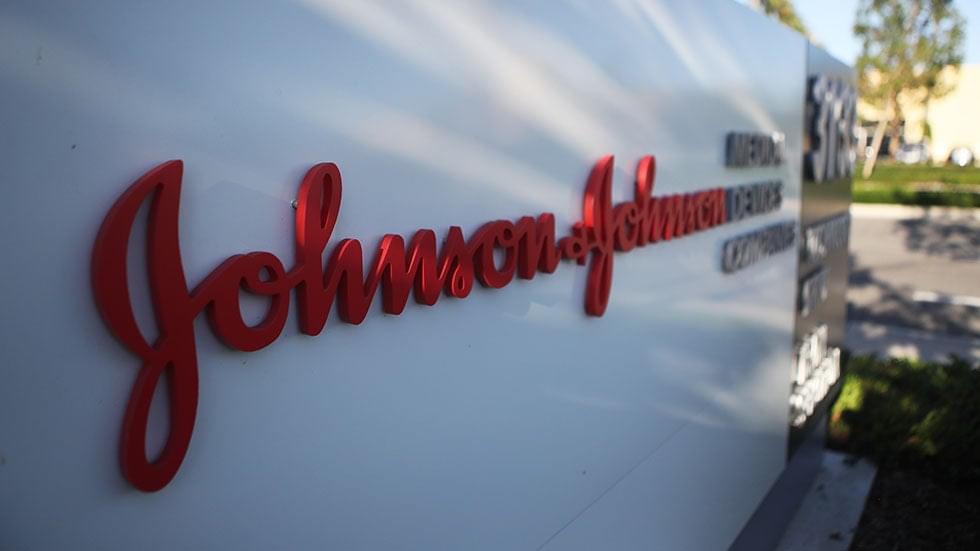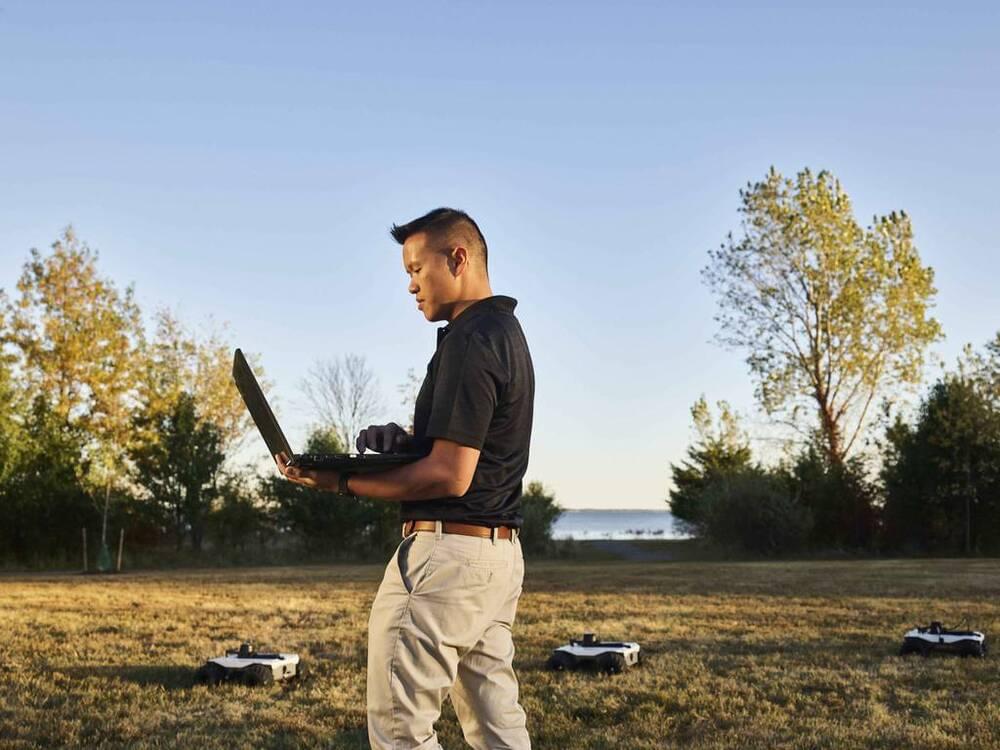Calcium is more abundant on WASP-76b, a hot Jupiter, than scientists expected.


“The twisted coils are the most expensive and complicated part of the stellarator and have to be manufactured to very great precision in a very complicated form,” physicist Per Helander, head of the Stellarator Theory Division at Max Planck and lead author of the new paper, told Princeton Plasma Physics Laboratory News.
The new design offers a simpler approach by instead using permanent magnets, whose magnetic field is generated by the internal structure of the material itself. As described in an article published by Nature, Zarnstorff realized that neodymium–boron permanent magnets—which behave like refrigerator magnets, only stronger—had become powerful enough to potentially help control the plasma in stellarators.


Scientists managed to arrange the electrons into a honeycomb-like lattice by sandwiching them in an electric field between two atom-thin layers of tungsten compounds, according to research published in the journal Nature last week. The ability to tame them — which scientists accomplished by exploiting the tiniest differences in the atomic structures of the two tungsten layers — marks an incredible experimental achievement that has, until now, eluded the most accomplished labs in physics.
Other researchers have claimed that they created Wigner crystals in the past, and Nature News notes that they had some convincing evidence. But no one’s actually presented imaged evidence of their crystal before, study coauthor and University of California, Berkeley physicist Feng Wang told Nature News in the physicist’s version of a microphone drop.
“If you say you have an electron crystal, show me the crystal,” he said.

Circa 2018
Inspired by the children’s TV show Transformers, engineers have developed a robot that becomes a car.
Japanese firm Brave Robotics and amusement park ride manufacturer Sansei Technologies worked together on the development.
The designers say it’s the first time a machine of this kind has been able to carry people in a functioning vehicle.

AstraZeneca has requested emergency use authorization from U.S. regulators for its new treatment to prevent COVID-19 for people who respond poorly to vaccines because of a weakened immune system.
In a statement on Tuesday, the Anglo-Swedish drugmaker said it included data in its filing with the Food and Drug Administration from a late-stage trial that showed the drug reduced the risk of people developing any COVID-19 symptoms by 77 per cent.
The antibody therapy called AZD7442 could protect people who do not have a strong enough immune response to COVID-19 vaccines or to supplement a vaccination course for those, such as military personnel, who need to booster their protection further, AstraZeneca has said.
AstraZeneca said its late-stage trial that showed the drug reduced the risk of people developing any COVID-19 symptoms by 77 per cent.

Since the discovery of superconductivity in Sr2RuO4 in 1,994 hundreds of studies have been published on this compound, which have suggested that Sr2RuO4 is a very special system with unique properties. These properties make Sr2RuO4 a material with great potential, for example, for the development of future technologies including superconducting spintronics and quantum electronics by virtue of its ability to carry lossless electrical currents and magnetic information simultaneously. An international research team led by scientists at the University of Konstanz has been now able to answer one of the most interesting open questions on Sr2RuO4: why does the superconducting state of this material exhibit some features that are typically found in materials known as ferromagnets, which are considered being antagonists to superconductors? The team has found that Sr2RuO4 hosts a new form of magnetism, which can coexist with superconductivity and exists independently of superconductivity as well. The results have been published in the current issue of Nature Communications.
After a research study that lasted several years and involved 26 researchers from nine different universities and research institutions, the missing piece of the puzzle seems to have been found. Alongside the University of Konstanz, the universities of Salerno, Cambridge, Seoul, Kyoto and Bar Ilan as well as the Japan Atomic Energy Agency, the Paul Scherrer Institute and the Centro Nazionale delle Ricerche participated in the study.


King County stated that a a female resident in her late 30’s had died from the “very rare” complication. The unnamed resident received her J&J shot on August 26.
A county in Washington on Tuesday confirmed that a woman died from blood-clotting complications after receiving Johnson & Johnson’s single-dose COVID-19 vaccine. She is believed to be the fourth person to have died from such a complication.
King County stated that a female resident in her late 30s had died from the “very rare” complication. The unnamed resident received her J&J shot Aug. 26.
“Her cause of death was determined to be thrombosis with thrombocytopenia syndrome (TTS), a condition that has been identified as a rare but potentially serious adverse event in people who received the J&J vaccine,” the county said in a statement.
